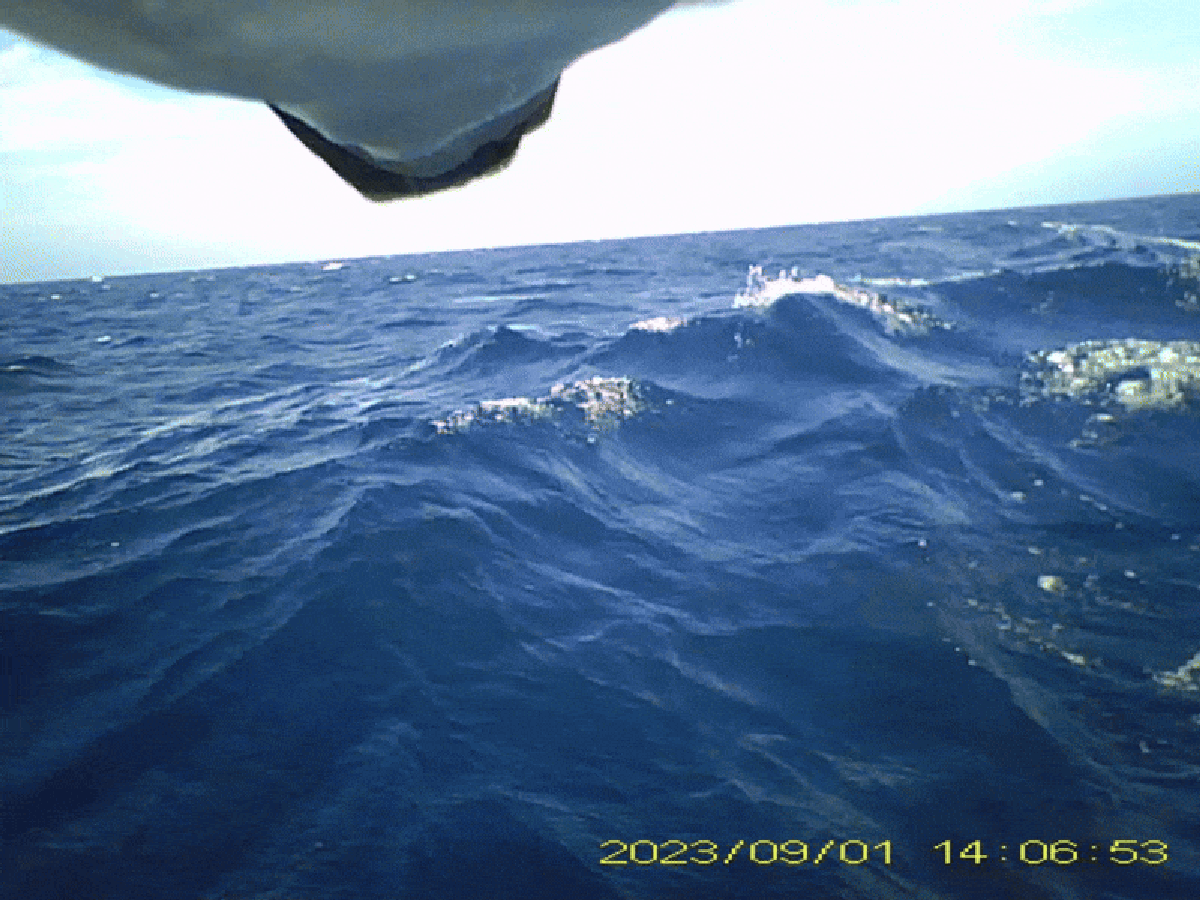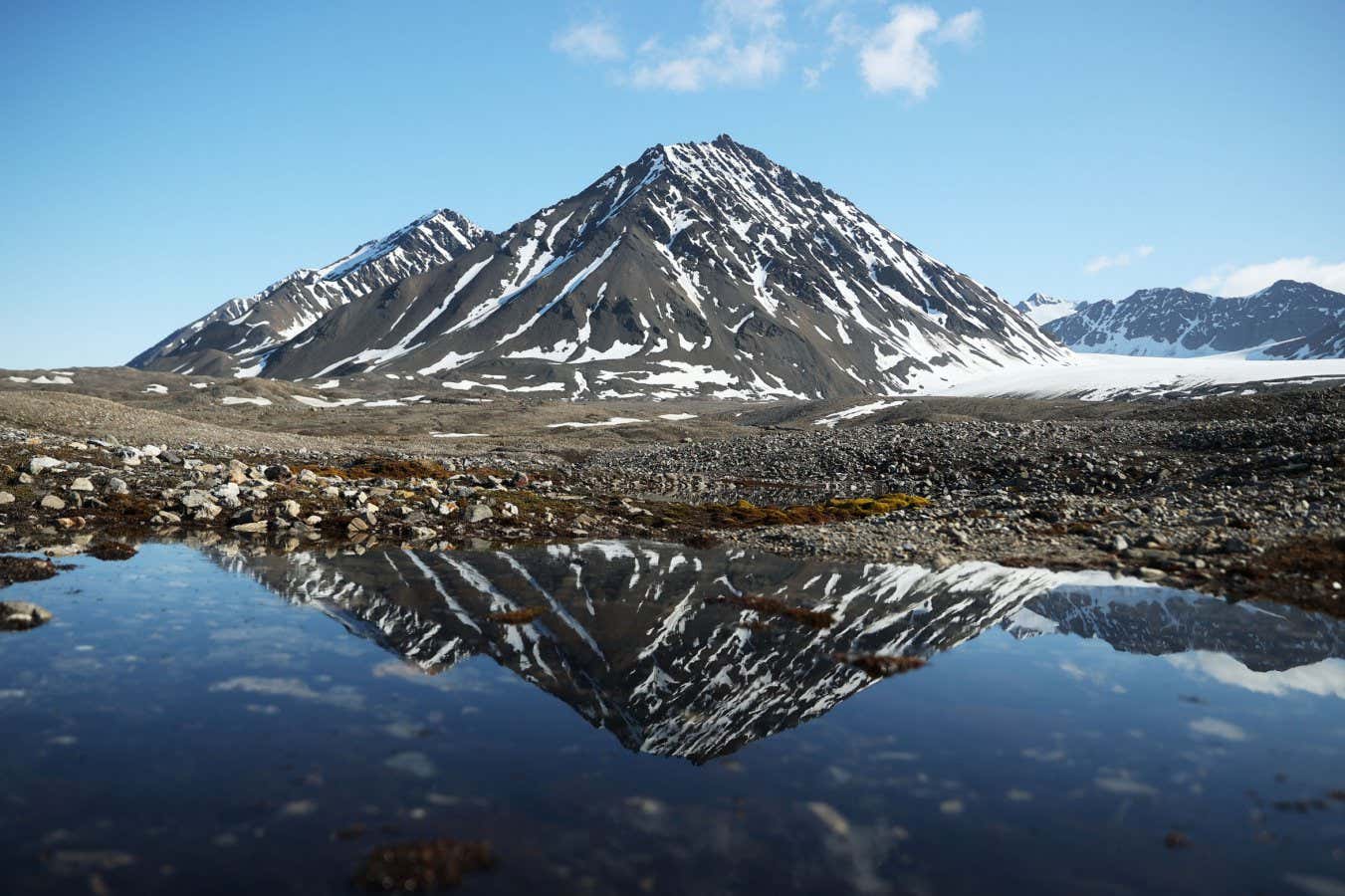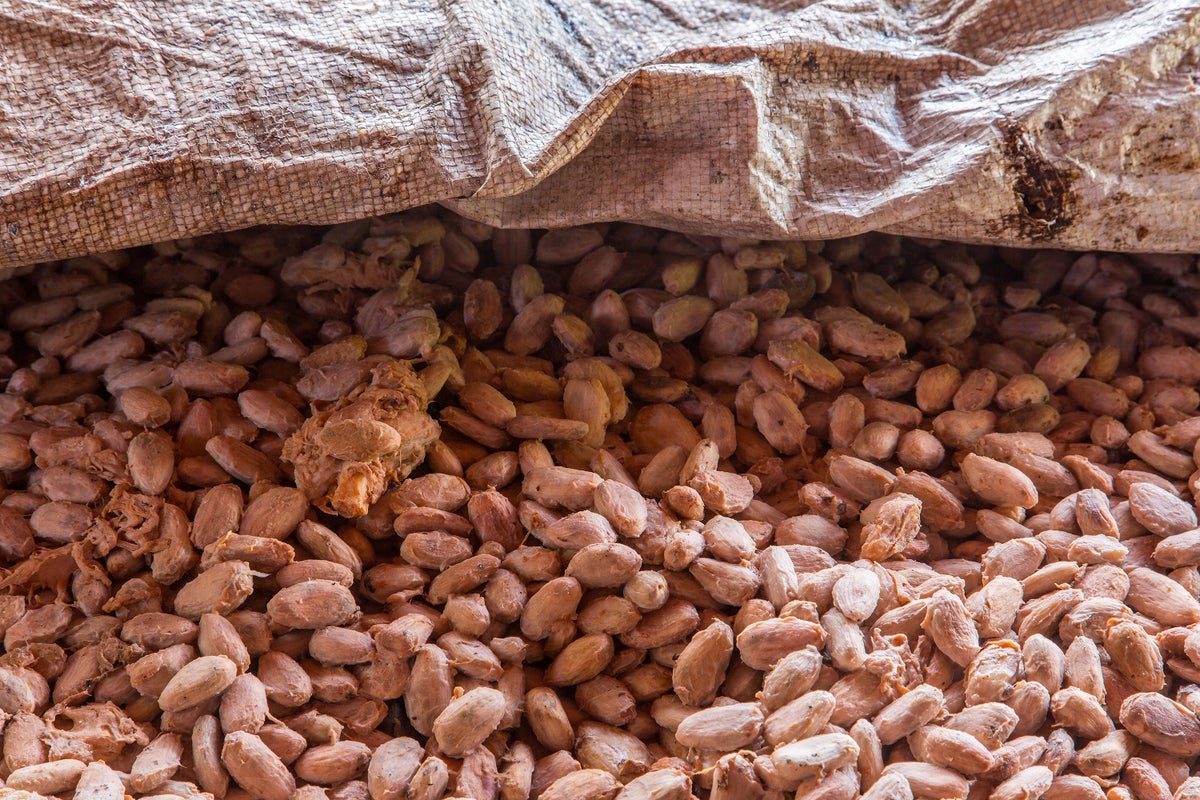Now Reading: Scientists Stunned by Seabirds’ Unusual Pooping Behavior
-
01
Scientists Stunned by Seabirds’ Unusual Pooping Behavior
Scientists Stunned by Seabirds’ Unusual Pooping Behavior

Quick Summary
- A study led by Leo Uesaka from the University of Tokyo observed the pooping habits of Streaked Shearwaters in Japan using backward-facing cameras mounted on 15 birds.
- The findings, published in Current Biology (August 18, 2025), reveal that these seabirds poop midair every 4-10 minutes, averaging five times per hour.
- This rapid excretion accounts for about 5% of their body mass being lost hourly. Each bird appears to maintain a regular interval for defecation.
- Birds almost exclusively poop while flying; some seem to take off just to do so, which may be a hygiene measure.
- the study contributes to understanding nutrient cycling in ecosystems. Seabird guano is rich in vital nutrients like nitrogen and phosphorus and has critically important ecological impacts on marine systems.
- Scientists also noted potential relevance to avian disease transmission (e.g., bird flu), as seabird feces can contribute to spreading pathogens.
Indian Opinion Analysis
This research highlights vital ecological aspects of animal behavior that often go unnoticed. While seemingly trivial at first glance, the pooping habits of Streaked Shearwaters underscore how even small-scale biological phenomena contribute significantly to broader environmental processes like nutrient recycling across ecosystems. For India-a country wiht vast coastal areas and abundant avian biodiversity-such insights can deepen conservation efforts around marine life management and ecosystem balance.
The recognition that animal waste influences ecological nutrient flows provides avenues for further studies within Indian contexts, such as analyzing migratory bird behaviors near wetlands or coastal habitats critical for agriculture-dependent communities. Additionally, attention toward fecal-related disease transmission could prompt extended monitoring measures applicable during outbreaks like avian influenza affecting regions along India’s coastlines.
Understanding interdependencies between species and environments is increasingly essential amid climate change’s cascading impacts across natural ecosystems globally-including India’s shared aquatic biospheres.

























